The spiritual meaning of the locust is a topic that has intrigued and fascinated people for centuries. Throughout history, this small insect has been associated with various symbolic meanings and interpretations across different cultures and belief systems.
Symbolism and Interpretations
The locust is often seen as a symbol of change, transformation, and rebirth. Its ability to undergo metamorphosis from a crawling, earthbound creature into a soaring, winged insect represents the potential for personal growth and spiritual enlightenment.
Furthermore, the locust’s association with swarming and migration signifies the importance of collective consciousness and unity within communities. It serves as a reminder that we are interconnected and that our actions can have a ripple effect on others.
Religious and Mythological References
In certain religious texts, such as the Bible, the locust is mentioned as a divine instrument of punishment and destruction. This symbolism highlights the power of nature and serves as a reminder of the consequences of human actions.
In mythology, the locust is often portrayed as a messenger or symbol of divine intervention. It can represent the voice of the gods or spiritual entities, urging individuals to listen, reflect, and make necessary changes in their lives.
The Spiritual Meaning in Nature
Observing locusts in their natural habitat can provide valuable insights into their spiritual significance. As they move in synchronized harmony, locusts demonstrate the importance of unity, collaboration, and balance within ecosystems and human communities.
Additionally, the locust’s ability to thrive in diverse environments and adapt to changing circumstances reflects resilience, endurance, and the capacity to overcome challenges. This resilience can inspire individuals to persevere during difficult times and trust in their own inner strength.
Embracing the Spiritual Meaning of the Locust
Understanding the spiritual meaning of the locust can guide individuals on their personal journeys of self-discovery and growth. Embracing the lessons symbolized by this insect can encourage individuals to embrace change, connect with others, and recognize their interconnectedness with nature and the divine.
By recognizing the locust’s symbolism and incorporating its teachings into our lives, we can navigate challenges with grace, foster unity within our communities, and cultivate a deeper understanding of ourselves and the world around us.
The Spiritual Significance of Locusts: Unveiling Their Hidden Symbolism
The Spiritual Significance of Locusts: Unveiling Their Hidden Symbolism
Locusts, throughout history, have been seen as powerful symbols with deep spiritual meaning. In many ancient cultures and religions, locusts were considered both a blessing and a curse, representing various aspects of spiritual growth and transformation.
In Christianity, locusts are mentioned in the Bible, particularly in the Book of Exodus, where they were one of the ten plagues sent upon Egypt. Here, they were a symbol of divine punishment and the need for repentance. However, locusts can also be seen as a metaphor for spiritual awakening and renewal. Just as a swarm of locusts can devour all in its path, leaving behind a blank canvas, so too can spiritual transformation wipe away the old and make way for new beginnings.
In Native American spirituality, locusts have a similar symbolism. They are often associated with abundance and fertility, as their voracious appetite can bring about a bountiful harvest. Yet, they are also seen as a reminder of the cyclical nature of life and the importance of adaptability. The locust’s ability to thrive in various environments and migrate over long distances represents the power of resilience and the capacity to overcome challenges.
In Eastern philosophies, such as Buddhism and Hinduism, the locust is considered a symbol of detachment and non-attachment. This stems from the locust’s ability to shed its exoskeleton multiple times throughout its life cycle. This act of letting go and embracing change resonates with the spiritual teachings of impermanence and the importance of releasing attachments to achieve higher states of consciousness.
Overall, the symbolism of locusts in spiritual contexts encompasses themes of transformation, renewal, resilience, abundance, adaptability, detachment, and impermanence. By understanding their hidden meanings, we can gain deeper insights into our own spiritual journeys and embrace the lessons they offer.
In conclusion, locusts hold significant spiritual symbolism across various cultures and religions. Their presence reminds us of the transformative power of spiritual growth, the importance of adaptability in the face of challenges, and the need to release attachments in order to achieve higher states of consciousness.





